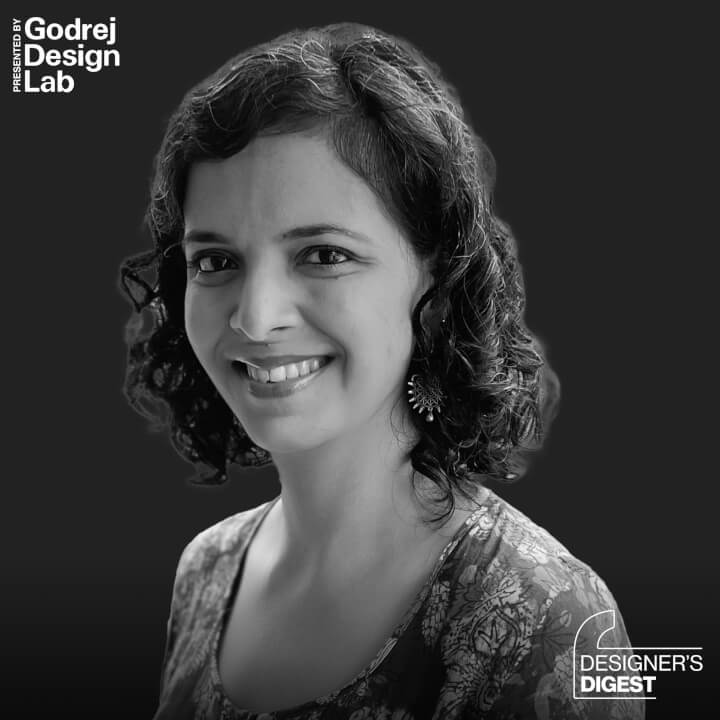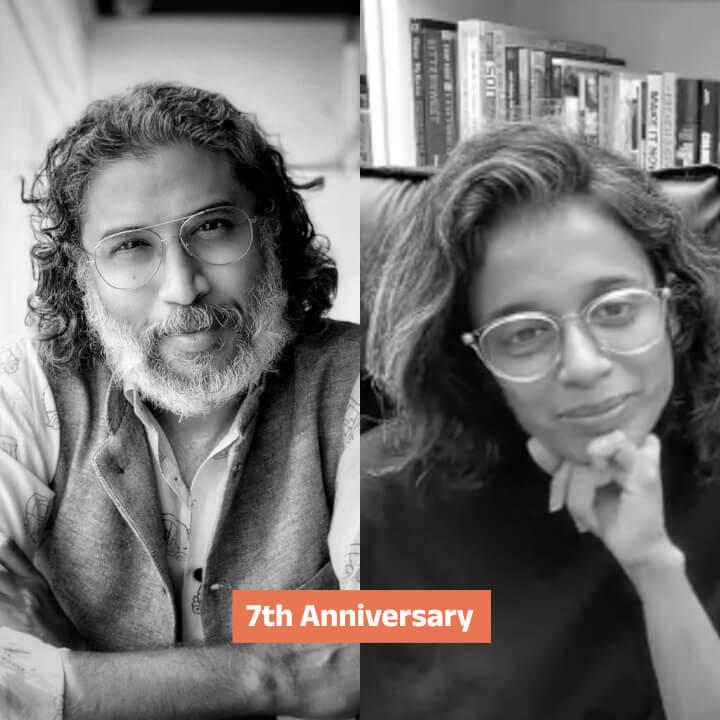EP 250 . 21 Sep 22
Language of Kabir (Marathi)
With Mandar Karanjkar
In the episode
- If you can start by giving us a quick background of Kabir who was from the 15th Century. Where was he from? Few theories of birth and death? Saint yet married with kids? Not a conscious poet and didn’t like weaving? etc…
- What is Kabir Vani and it’s in which language? What is Sadhukkadi / Panchmel Khichdi? Why did Kabir speak 5 or more languages?
- What made him compose his dohas so differently and with such simplicity? We see this similar trait in Ameer Khusro’s 12th century also who composed radically different than his peers during his time.
- In the book Bijak of Kabir, there is a chapter called “The upside-down language of Kabir” – Are there any downside or slippery slopes to interpreting him otherwise because of these Ulatbamsi poems?
- What makes Kabir Vani more powerful and memorable? His reference to simple observations coupled with simple language and spirituality or symbolism and metaphors make it relevant and almost timeless
About Mandar Karanjkar
One of the Sakhi of Kabir goes…
“Boli hamari purab ki, hami likhai nahi koyi.
hama ko to so lakhai, dhura purab hoy.”“My language is of the east, none understands me,
he only understands me who is from the farthest east.”
We’ll try and document Kabir’s language or should we say languages. Today we have Mandar Karanjkar, once again on Audiogyan. I had him in Episode, 238 with Dakshayani Athalye where we spoke about their Baithak Foundation where he is a co-founder. Mandar is a believer in the power of Music as a tool for overall human development. He conducts training and workshops to apply the wisdom of saint Kabir to corporate problems. He has penned a book called “The Kabir Way.”
We are definitely aware of our extent of knowledge about Kabir when you compare it with Purshottam Agarwal or Linda Hess and many other research and scholars on Kabir. But this is a humble attempt to document whatever we have understood about Kabir’s languages in Marathi.
Reference
- Ajab Shahar
- Kabir project on Twitter
- Ajab Shahar on Youtube
- Kabir Project in Srishti School of Arts
- Kabir Project
- Kabir Books on Amazon
- Colostate
- Poetry Foundation
- Kabir Wikipedia
- Baithak Foundation Audiogyan
- Mandar on Kabir – Book
- Mandar on Twitter
- Mandar on Youtube
- Awakin
- The Dawn, Google Art and CultureTa
- Tanpura by Mandar
- Mandar on Facebook
- Baithak.org
- Mandar on Linkedin
- MandarKaranjkar.com




